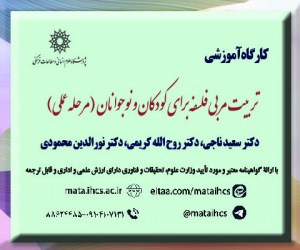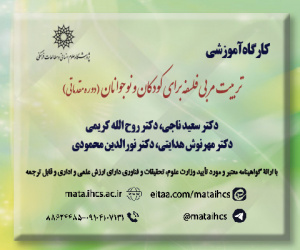نقش اتحادیه اروپا در ترویج و توسعه حقوق بشردوستانه بین المللی (مقاله علمی وزارت علوم)
درجه علمی: نشریه علمی (وزارت علوم)
آرشیو
چکیده
امروزه تضمین اجرای قواعد حقوق بشردوستانه بین المللی صرفاً با وضع مقررات در سطوح بین المللی امکان پذیر نخواهد بود و برای اعمال بهتر این مقررات، به همکاری کشور های جامعه جهانی نیاز است. اتحادیه اروپا نیز به عنوان سازمان منطقه ای با اختیار تعیین سیاست های اجرایی برای اعضا، در این راستا تلاش می کند. پژوهش حاضر با استفاده از روش تحلیلی و توصیفی و با بررسی اسناد حقوقی و رویه عملی اتحادیه، در تلاش است تا مشخص نماید که سازمان مذکور از طریق تصویب قوانین جدید و به کارگیری رویه های عملی در مواجهه با بحران های منطقه ای و فرامنطقه ای، تا چه حد در ترویج و توسعه این شاخه از قواعد حقوق بین الملل موفق بوده است؟ از طرفی نویسندگان این پژوهش بر این باورند که این سازمان منطقه ای در زمینه قاعده سازی و بومی سازی مقررات بین المللی موفق عمل نموده اما در زمینه عملیاتی کردن این قواعد چندان موفق نیست. در نهایت، یافته های پژوهش حاضر حاکی از آن است که این سازمان با به کارگیری مصوبه سال 2009 شورای اروپا تحت عنوان راهنمای اتحادیه برای ارتقای انطباق با حقوق بشردوستانه بین المللی در زمینه چارچوب سازی و ایجاد ساختار برای ترویج و توسعه حقوق بشردوستانه در میان کشور های عضو و غیرعضو، اسناد حقوقی منحصر به فرد و باارزشی تولید نموده، اما به علت توجه بیش از حد به منافع سیاسی اعضا و شرکای خود، در مرحله عمل به این مقررات در بحران های گوناگون، آنچنان موفق نبوده است.The European Union’s Role in Promotion and Development of International Humanitarian Law
Nowadays, it will not be possible to guarantee the implementation of international humanitarian law solely by establishing regulations at international levels. The cooperation of the international community is also essential for effective implementation. The European Union, as a regional organization with the authority to formulate executive policies for the member states, plays a role in this endeavor. The present research, utilizing an analytical and descriptive approach, examines the legal documents and practical procedures of the Union to assess its success in promoting this branch of international law in the face of regional and extra-regional crises through the enactment of new laws and the adoption of practical procedures. The authors of this research believe that although this regional organization has been successful in rulemaking and localizing international regulations, it faces challenges in operationalizing these rules. Finally, the findings of this research indicate that the application of the 2009 European Council resolution, titled the 'EU Guidelines on Promoting Compliance with International Humanitarian Law (IHL),' has resulted in the creation of valuable legal documents. However, political considerations have hindered the successful implementation of these regulations in various crises.



